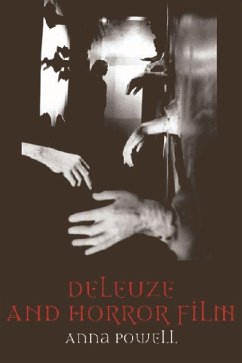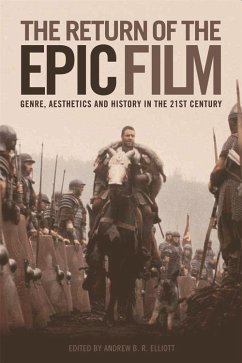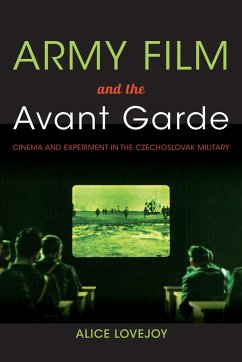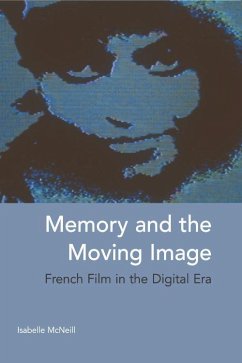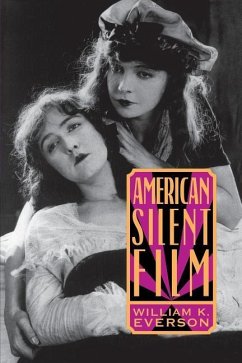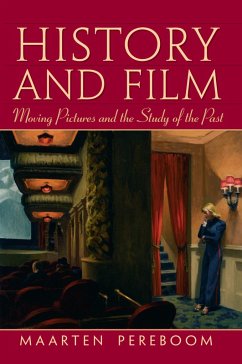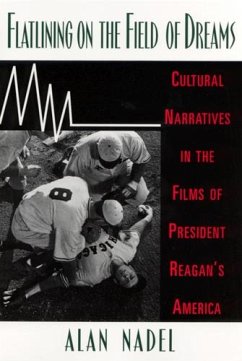Nicht lieferbar

The Art and Politics of Film
Versandkostenfrei!
Nicht lieferbar
The aesthetics of film must not only assess those forms of power which cinema exerts and those that constraint it, but also the conflicts its narratives portray between personal and public identities in a changing world. Attention is focused on the work of Tarkovsky, Lynch, Cronenberg, Rivette, Jordan, Greenaway, Kieslowski and Angelopoulos as well as on changing forms of time and narrativity in science fiction, horror and conspiracy films. Key concepts such as the time-image, reflexivity, terror and horror, wonder and the sublime are analysed. Cinema at the turn of the century is seen as a form of hyper-modern culture which glosses the politics and technologies of the information age. Of special interest here are the art of sexuality, the politics of virtual spectacle, the art and politics of national identity, the cinematic city and the powers of the false.
This is the final part of a critical trilogy that explores cinema in the latter half of the twentieth century. It fuses analysis of objective form in Cinema and Modernity with a subsequent critique of subjective form in Contemporary Cinema, and reassesses the close ties of the aesthetic and the political up to the present time. The book examines the cinematic city in Kieslowski and Cronenberg; the cinema of wonder in Tarkovsky and Angelopoulos; the hypermodern world of science fiction and horror; the time-image in Resnais, Rivette, Lynch, and Stone; and the art of identity in Jarman and Jordan. At the turn of the century, film is seen as a component of a hypermodern culture, which has displaced the modernist aesthetic of the 1960s and now plays a key role in our mapping of the information age.




